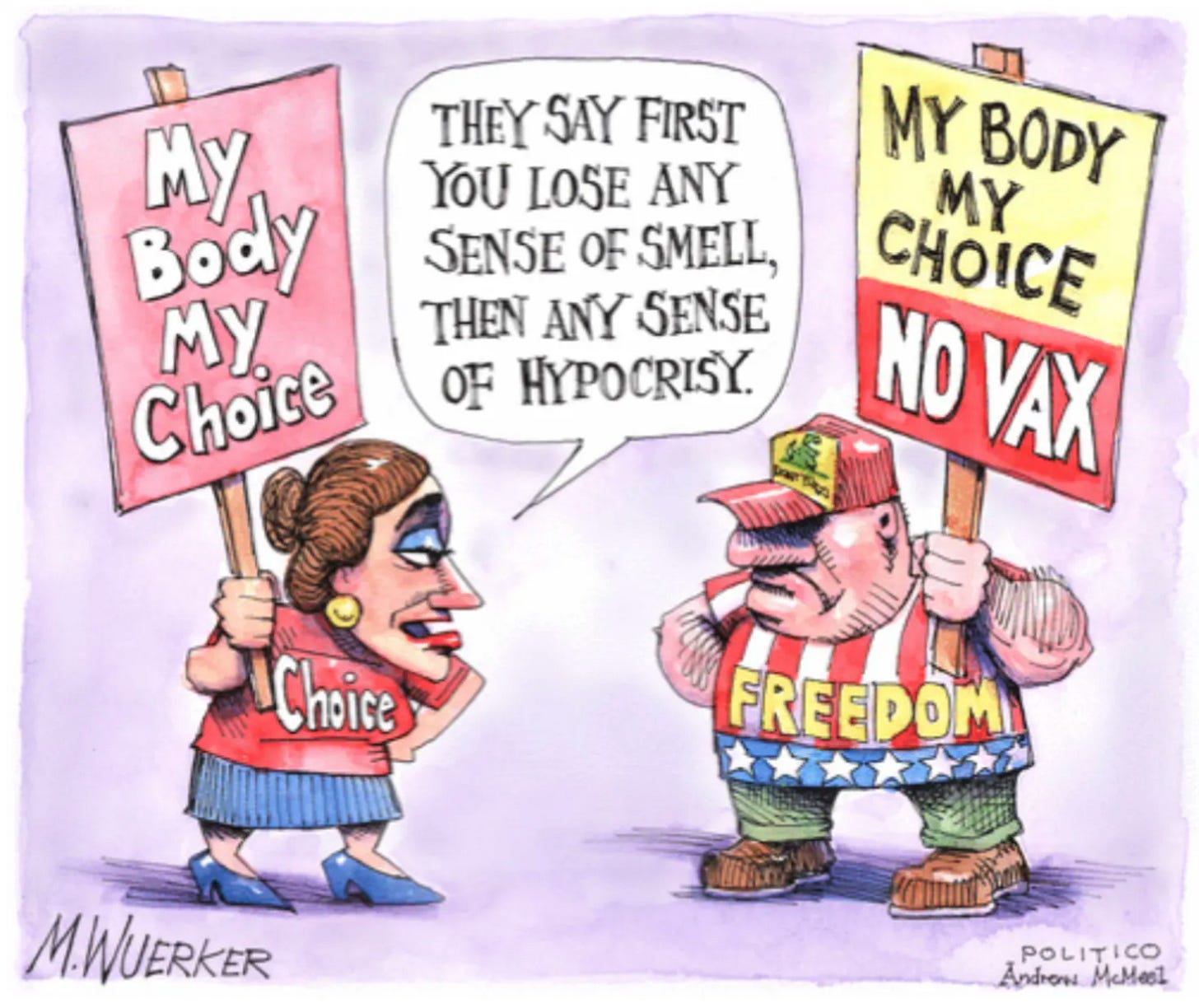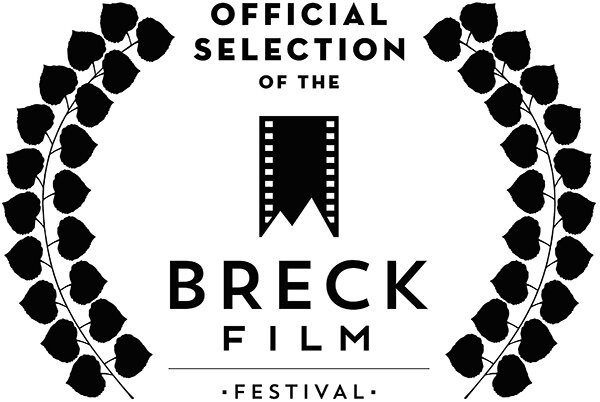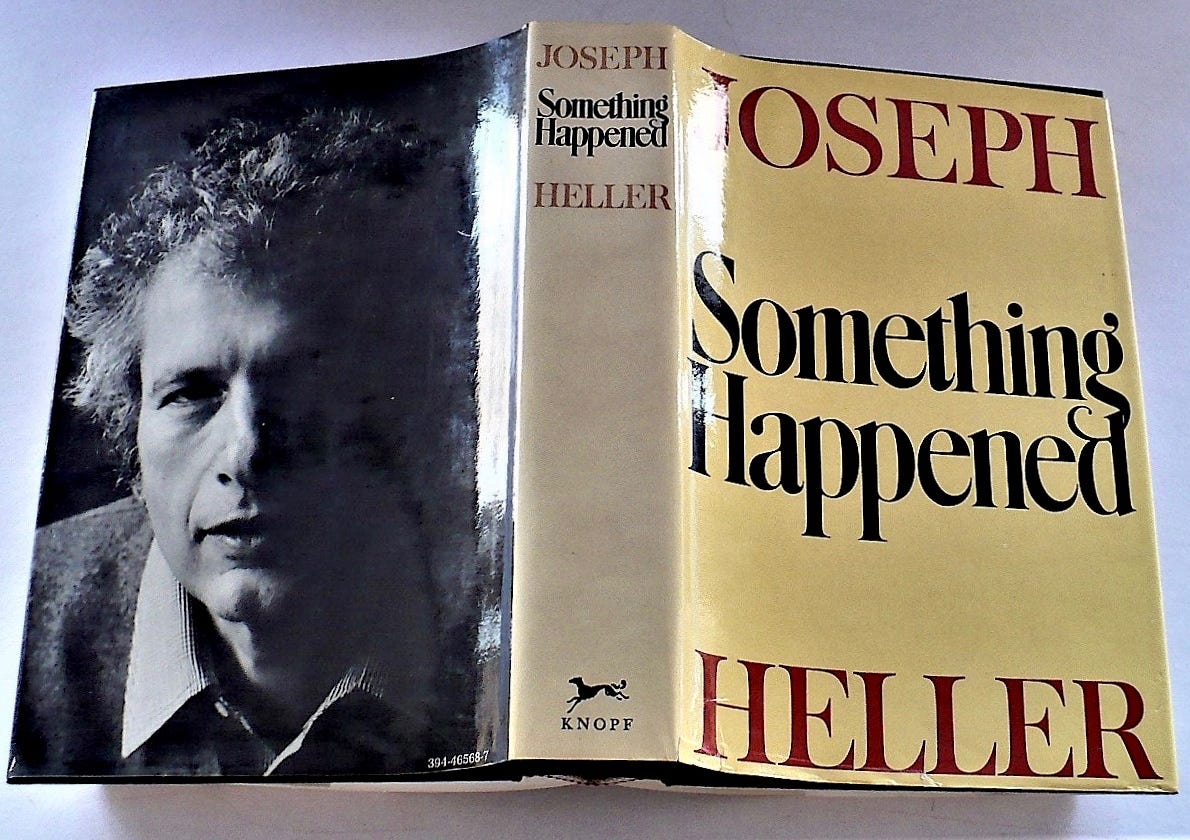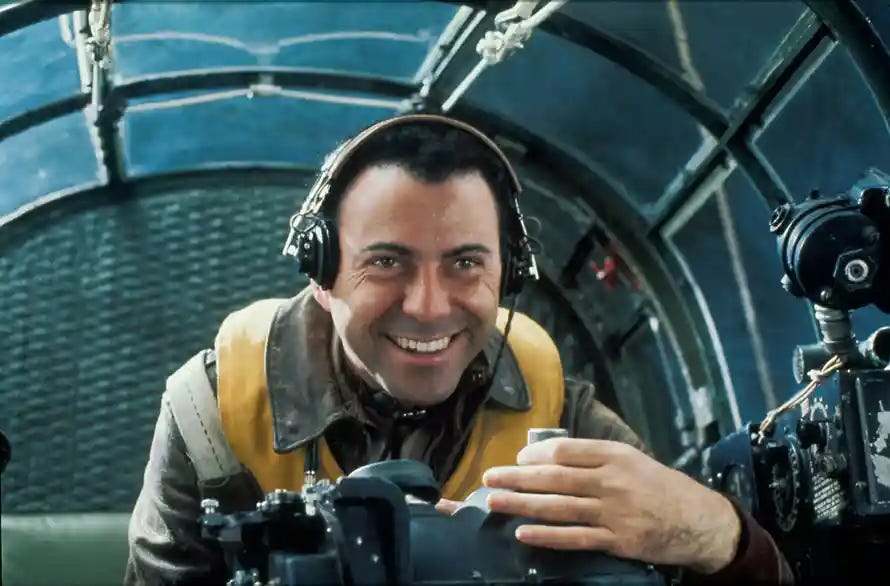There Was Only One "Catch"--for Joseph Heller
Re-visiting my exclusive interview with the "Catch-22" novelist as he took the measure of the 1970s and the Vietnam war (and himself). Plus suitably antiwar music from John Prine and Johnny Cash.
Another excerpt from a chapter in my memoir-in-progress, after a few News notes and the usual cartoon. Share, comment, subscribe (it’s free).
News & Politics
Facebook is rolling out its new newsletter product, called Bulletin, today, according to CNN. Bulletin is Facebook's version of Substack. FB has recruited dozens and dozens of writers, the sources said, across categories like sports, science, health, and finance but is trying to downplay politics.
The Covid vaccines from Pfizer and Moderna may provide immunity for years, scientists now say. Mixing Pfizer and AstraZeneca vaccines — one dose of each — also provides strong protection, a study suggests.
It’s not just your imagination: “U.S. Conservatives Are Uniquely Inclined Toward Right-Wing Authoritarianism Compared to Western Peers,” by Morning Consult: “26% of the U.S. population qualified as highly right-wing authoritarian, Morning Consult research found, twice the share of the No. 2 countries, Canada and Australia.”
Yesterday’s amazing day at the Euros tourney.
My Atomic Cover-up doc has just been picked for another fest, this one among the oldest and most respected, the Breckenridge Film Festival, out in Colorado. More on film here.
To Heller and Back
Forty-nine years ago this month, I somehow managed to secure for Crawdaddy an interview with the elusive author of my favorite novel at the time, Catch-22. More than once in my life back then I was told that I “write a beautiful letter,” so maybe that explains it. Joseph Heller, more than a decade after that classic, still had not produced a follow-up. No wonder I would open my eventual profile with a takeoff on a line from his masterpiece: “There was only one book…and it was Catch-22.”
Supposedly, a book titled Something Happened, set in a modern corporate office in New York, was nearly finished. Well, it had been “nearly finished” for quite some time. Heller told me he couldn’t change the title now even if he wanted to: “I’ve been talking about it for so long, if I changed it people would think it’s a different book.”
He predicted his millions of young/college fans—Catch-22 had sold six million copies and become a staple on required reading lists—would hate it. The central figure was a middle-aged white man, like Heller (no Yossarian), coping with racial issues, women’s lib, “the FBI, an inefficient government.” For good measure, he was working on a new production of his play, We Bombed in New Haven, and another based on Catch-22, which sounded like dithering actions to put off what was likely to be a mixed reaction to his new novel. Still, he professed having no interest in the theater. He did it just for the experience—much as he had written exactly one TV script, for McHale’s Navy.
Heller, 48, hadn’t been interviewed by anyone for years, but I talked to him at length in his office overlooking Central Park (where he liked to jog) and in a nearby French restaurant, for a provocative two-part Crawdaddy profile. At times the interview could have been called “Kvetch 22.” Heller complained, for example, that young people assumed he must do drugs, when all he’d ever tried was a little pot, which he did not care for, he assured me somewhat ruefully. He also had no interest in noisy rock music, although he owned a couple of Bob Dylan albums. Heller did appear youthful, however, with his long, curly, if greying hair.
He had just returned from speaking at Whittier College, Nixon’s alma mater, where students held an antiwar march in his, or maybe Yossarian’s, honor. But he argued that he favored more “disrespectful dissent,” such as occupying buildings, over “candlelight parades.” Unfortunately, the antiwar movement was petering out in mid-1972, partly because of the end of the draft. Like Yossarian, many had shifted to self-interest schemes.
So, naturally, much of our interviews contrasted World War II and Vietnam, where the U.S. air war was still going strong. Like Yossarian, he had been a young bombardier in the Good War—he flew 60 missions which left him, near the end, shaken and terrified. Today, he said, our Air Force crews were “being sent out on missions just to make their superiors, and those in Washington, look good.” There was no credible enemy, except plunging profits for certain industries if the war ended. In addition, there was an undeniable “sexual” component, of “having a big gun and being in a big plane and having bombs to drop.”
Catch-22, he testified, was not really about World War II but the Korean War and the Cold War “and looking ahead to the same type of unnecessary war which did come along and was the Vietnam War.” In any event, Catch-22 focused not on the hated Germans but “the conflict between people and their superiors. That’s the conflict we have today. I think the enemy we face today is not in Hanoi—the enemy is our own elected officials.”
Mike Nichols’ recent film of Catch-22, starring Alan Arkin—brilliantly cast as Yossarian—plus Orson Welles, Art Garfunkel and Jon Voight, had not exactly thrilled the critics or movie audiences but it did please Heller. It had a serious, even at times “vicious” edge, he pointed out, unlike the mainly comic “entertainment” that was Robert Altman’s MASH.
When he told me that he hadn’t voted for twelve years, I tried out another line from Catch-22—“What if everyone felt that way?”--and wondered if he would respond with his own self-reference from that book. Sure enough, he came through with, “Then I’d be a damned fool to feel any other way, wouldn’t I?” And a big laugh. He did claim he would vote for peace candidate George McGovern vs. Nixon that November. (McGovern would lose every state except Massachusetts. Thanks, Joe.)
Heller, it turned out, was quite the raconteur, although some of his tales about drinking/dining friends such as Mario (“Godfather”) Puzo, Mel Brooks and others, were, tragically, declared off the record. But it looked like Joe was serious about finishing the new novel this time. When we arranged a photo shoot at his summer home in the Hamptons he posed for all the shots with his short-sleeve shirt unbuttoned to the navel. Ready to flirt with young female fans on an author’s tour or college teaching gig? That could motivate many an aging male author of that time.
Well, that new novel, Something Happened, did finally appear in 1974—thirteen years after Catch-22—and it did receive a mixed but largely very favorable reaction. (It was only after this that his writing began to falter.) He signed a first edition to me, “Best wishes, and with hopes it does not disappoint you.” We remained friends for awhile. He granted Crawdaddy rights for a major excerpt from Something Happened, and then allowed us to publish for the first time part of a play he’d written based on the hilarious “Clevinger’s Trial” chapter of Catch-22. He told his friend Kurt Vonnegut, Jr. about his enthusiasm for my profile. This led to my rather famous Vonnegut interview the following year.
Heller even recommended my first novel (much of it written, as I noted here recently, at Bruce Springsteen’s house) to a couple of editors. There was only one catch….it was not quite good enough. To mix authors a bit: So it goes.
Song Picks of the Day
Continuing with the anti-Vietnam war theme, here is John Prine in his (probable) first TV appearance, with “Your Flag Decal Won’t Get You Into Heaven Anymore.”
And here Johnny Cash tackles Prine’s classic “Sam Stone,” with special interest as he replaced the line, ‘Jesus Christ died for nothing / I suppose.”
“Essential daily newsletter.” — Charles P. Pierce, Esquire
“Incisive and enjoyable every day.” — Ron Brownstein, The Atlantic
“Always worth reading.” — Frank Rich, New York magazine, Veep and Succession
Greg Mitchell is the author of a dozen books, including the bestseller The Tunnels (on escapes under the Berlin Wall), the current The Beginning or the End (on MGM’s wild atomic bomb movie), and The Campaign of the Century (on Upton Sinclair’s left-wing race for governor of California), which was recently picked by the Wall St. Journal as one of five greatest books ever about an election. His new film, Atomic Cover-up, just had its world premiere and is drawing extraordinary acclaim. For nearly all of the 1970s he was the #2 editor at the legendary Crawdaddy. Later he served as longtime editor of Editor & Publisher magazine. He recently co-produced a film about Beethoven’s Ninth Symphony.





